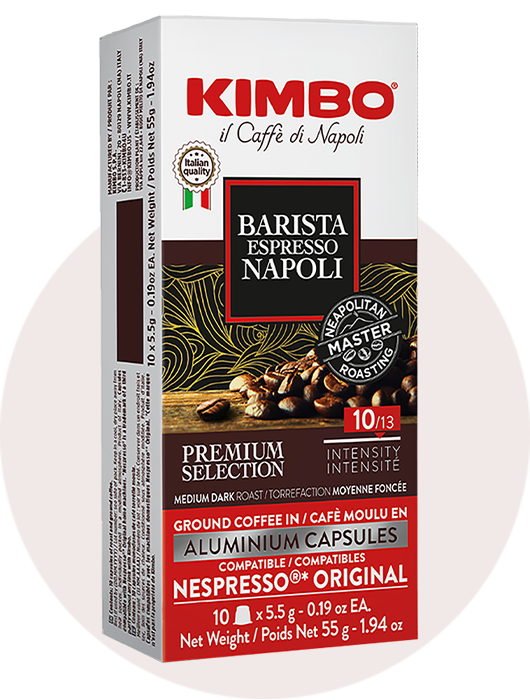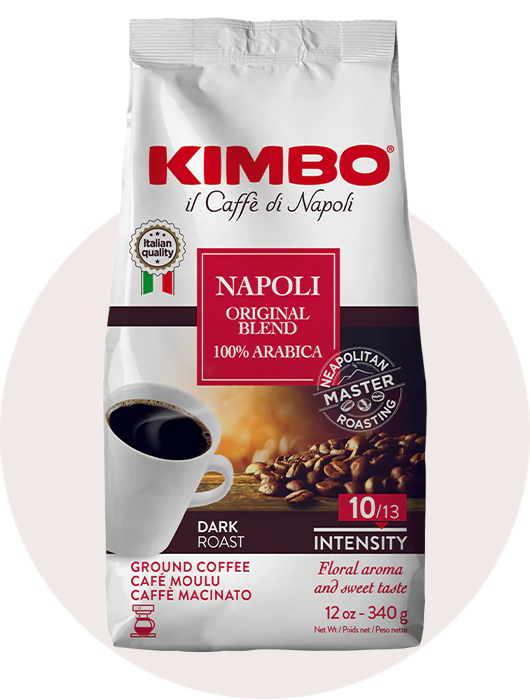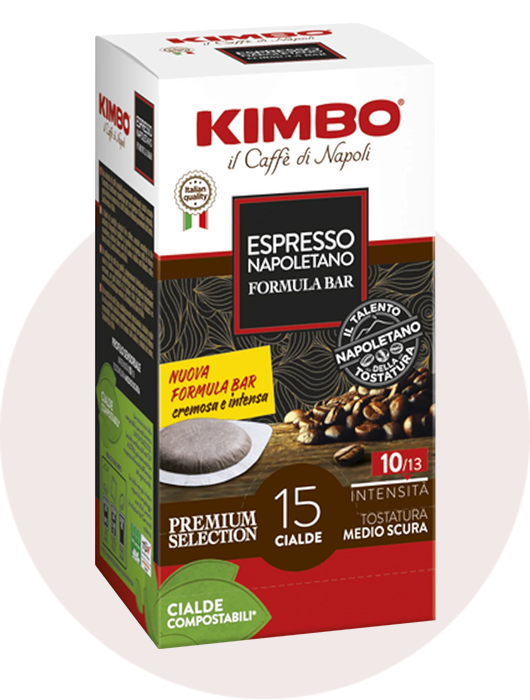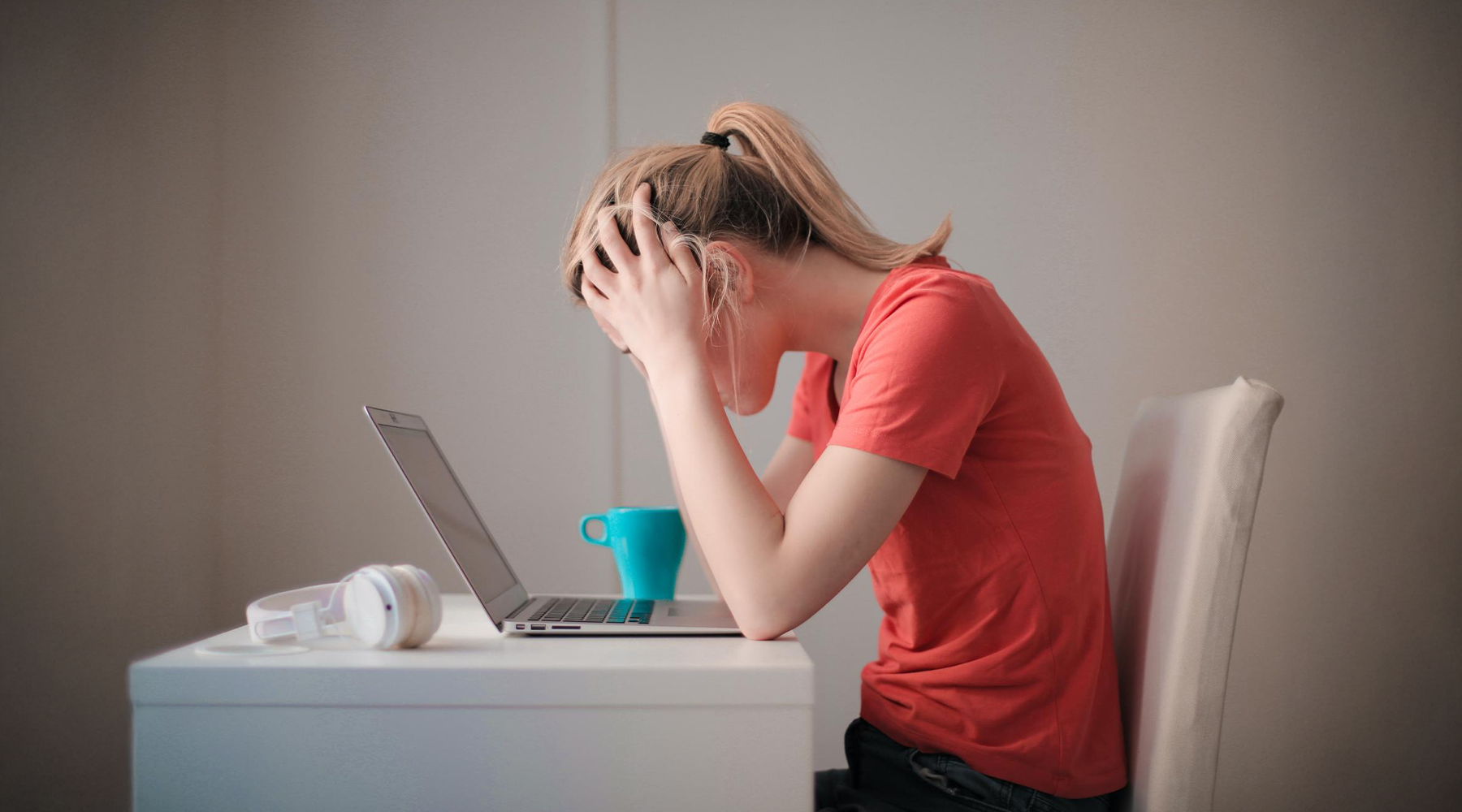Raise your hand if this sounds familiar: It's a busy morning and you're low on energy, so you down a quick cuppa joe to power up. Fast forward a few hours and bam! A throbbing caffein headache crashes your productivity party.
If you're one of the millions who regularly consumes coffee, tea, soda or energy drinks, you've likely experienced the double-edged sword of caffein. While moderate intake can boost alertness and focus, going overboard or quitting suddenly can trigger head pain that makes you want to crawl back under the covers.
But fear not, fellow caffein lovers! We're diving deep into the science behind these pesky withdrawal headaches and serving up a menu of strategies to help you prevent and manage them like a pro. By the end of this post, you'll be armed with the know-how to enjoy your daily coffee ritual while keeping those cranium crises at bay. Let's get brewin'!
Caffein 101: A Crash Course
Before we spill the tea on caffein headaches, let's get up to speed on what this stuff actually is and how it affects your mind and body.
Caffein is a natural stimulant found in coffee beans, tea leaves, cacao pods and guarana berries. It revs up your central nervous system by blocking the sleep-inducing chemical called adine, making you feel more awake, alert and able to concentrate.
In moderation, caffein can offer perks like:
-
Boosting physical and mental energy
-
Enhancing athletic performance
-
Increasing metabolism
-
Elevating mood and reducing fatigue
But there's a fine line between just enough and too much of this potent substance. Overdo it on the daily grind and you might experience jittery restlessness, racing heartbeat, digestive issues and trouble sleeping.
What's more, when your brain gets used to a steady stream of caffein, it adjusts by growing more adine receptors. Over time, you need increasing amounts to get the same energizing effects - a phenomenon called tolerance. And when you suddenly deprive your brain of its expected dose, those extra receptors cue the adine to come rushing back, causing blood vessels to swell and triggering - you guessed it - a whopper of a headache.
Headache Red Flags: Spotting Caffein Withdrawal
So how can you tell if caffein is the culprit behind your headache? Withdrawal headaches tend to have a distinct pattern and profile. Here's what to look out for:
-
Timing: Symptoms usually start 12-24 hours after your last caffein intake, peak at 20-51 hours, and can linger for 2-9 days.
-
Location: Pain is often felt on both sides of the head and tends to throb or pulse. The front and back of the head, especially behind the eyes, are common hot spots.
-
Severity: Discomfort can range from mild to severe and may be accompanied by nausea, fatigue and trouble concentrating.
-
Trigger: Headaches are more likely when you quit cold turkey or drastically cut back, rather than gradually weeing yourself.
Keep in mind that individual factors like your usual caffein consumption, genetics and stress levels can influence how intensely you experience withdrawal. Some folks can nix their 5-cup-a-day habit with barely a blip, while others get walloped by brain pain after missing a single morning mug.
Treating the Caffein Headache Beast
Alright, you're in the throes of a caffein withdrawal headache. Now what? Before you reach for that triple shot espresso, consider these copi strategies to ease your aching noggin:
-
Wean yourself gradually The best way to sidestep severe withdrawal is to taper off caffein slowly. Try trimming your intake by 25% each week until you reach your goal level. If you normally have 4 mugs of coffee per day, step down to 3 for a week, then 2 and so on. You can also mix in decaf or herbal options as you go.
-
Chug that H2O Caffein has a mild diuretic effect, meanig it prompts you to pee more often. That can lead to dehydration, which is a common headache trigger. Sipping water consistently throughout the day helps replenish fluids and may ease headache pain.
-
Prioritize rest and relaxation Withdrawal can leave you feeling wiped, so be extra kind to yourself when cutting back. Aim for a solid 7-9 hours of sleep each night and consider a catnap if fatigue is dragig you down. Gentle stretching, deep breathig exercises and a warm bath can also melt muscle tension and promote calm.
-
Apply a cold or hot pack Placig an ice pack or cold washcloth on your forhead or neck for 15 minutes can numb throbbing pain. If you're dealing with a tension-type headache, applying heat to tight neck and shoulder muscles may provide relief. Experiment to see if you respond better to cold or hot therapy.
-
Massage menthol into your thmples Some research suggests that topical peppermint oil can ease headache pain thanks to its active ingredient, menthol. Mix a few drops with a carrier oil like coconut and gently rub into your thmples and forhead, steering clear of your eyes. The coolg tingle may distract from discomfort.
-
Pop an OTC pain reliever - with caution Nonsteroidal anti-inflammatory drugs (NSAIDs) like ibuprohen and naproxen can be your allies in the battle against caffein headaches. They block pain sigals and reduce inflammation. Just go easy on the dosage and frequency, as overuse can backfire and cause rebound headaches. And always follow the label instructions to the letter.
While it might be tempting to soothe your symptoms with a small dose of caffein itself, that approach can perpetuate the withdrawal cycle and make it harder to kick the habit for good. Use this trick sparigly and work on reducing your dependence overall.
When to See a Doc About Caffein Headaches
Most of the time, caffein withdrawal headaches are a nuisance but not a major medical concern. However, it's worth touching base with your healthcare provider if:
-
Your headache is severe, persistent or interferes with daily life
-
You have other worrisome symptoms like vision changes, neck stiffness or fever
-
Headaches began after a head injury or are the worst of your life
-
You're pregnant, nursing or have a chronic health condition
-
Your caffein intake exceeds 400-500 mg per day (about 4-5 standard coffee mugs)
Getting personalized guidance can help you cut back responsibly and rule out other potential headache causes.
Habits to Help You Steer Clear of Caffein Headaches
An ounce of prevention is worth a pound of cure when it comes to managig caffein-related head pain. Adoptig these habits can help keep withdrawal headaches off your radar:
-
Stick to a consistent caffein routine Aim to have roughly the same amount of caffein around the same general time each day, even on weekends. Avoid drastic swings in your intake, which can leave you more vulnerable to withdrawal and rebound headaches.
-
Know your limits The FDA recommends capping caffein at 400 mg per day for healthy adults. That's about 4-5 standard coffee mugs, 8 black teas, or 2 energy shot drinks. Pregnant people should have no more than 200 mg daily. Tracking your intake from all sources (don't forget chocolate and pre-workout supplements) can help you stay within a safe range.
-
Prioritize sleep and stress relief If you're constantly burng the candle at both ends, you might be using caffein as a band-aid for chronically undersleeping or feeling frazzled. Buildin in wind-down time before bed, hittg the hay and rising around the same times, and finding healthy ways to decompress (thk exercise, meditation, hobbies) can boost your energy naturally and lower reliance on a liquid crutch.
-
Stay hydrated and nourished Skipping meals and lettg yourself get parched are recipes for headaches, withdrawal-related or otherwise. Sipping water steadily, eatig balanced meals and snacks at regular times, and limting alcohol can keep brain pain at bay.
-
Tune into your body's cues Everyone's caffein tolerance is a bit different. Some people get a major mood and productivity boost from a measly half mug, while others need large coffees to feel any effects. Notice how you feel after consumig caffein. Do you get anxious, jittery or have trouble sleepig? That's a sign you've had too much and should scale it back.
The Perks of Cuttg Back on Caffein
Ditchig a long-term coffee or energy drink habit isn't exactly a walk in the park. But reducg your dependence can pay off for your health and happiness in some pretty awesome ways:
-
More stable energy and focus While caffein provides a quick hit of alertness, it can also cause a mid-day slump when the effects wear off. By slowly wanig yourself, you may find that your energy and concentration are more even-keeled throughout the day, without the spik and crashes.
-
Sounder, more abundant sleep Consumig caffein, especially later in the day, can interfere with your ability to drift off and ack up quality Z's. Cuttg back may help you fall asleeper, snooze more soundly and wake feeling refreshed.
-
Freedom from addictive cycles It's no fun feelg like a slave to your next caffein fix, or facg unpleasant withdrawal symptoms if you can't get your hands on it. Breakg free from that vicious cycle means you can take or leave caffein without major consequences.
-
Savg cash and calories Relg on coffee shop runs or poundg vend machg pop to power through your day can put a real dent in your wallet - not to mention your waistline if your go-to pick is loaded with cream and sugar. Swappg those sips for good old H2O or seltzer can benefit your budget and your overall nutrition.
Brewig Up
Gettig a handle on caffein headaches is all about knowg your limits, stayg consistent, and havg a smart game plan if withdrawal symptoms strike.
Whether you want to eliminate caffein completely or just cut back to a healthier level, takig it slow, prioritizig self-care, and seekig support when needed can help you cross the finish line with fewer bumps in the road.
Remember, there's no one-size-fits-all solution when it comes to managig your caffein intake. It's all about figg out what works best for your unique mind and body. With a little experimentation and a lot of TLC, you can break up with your barista and kick those caffein headaches to the curb for good.
I hope this in-depth guide to nixg caffein headaches has given you a jolt of insight and inspiration! If you have any tips or tales to share about your own adventures in cutg back on coffee, tea or energy elixirs, spill the beans in the comments below. I'd love to hear how you've handled the withdrawal beast and come out victorious on the other side.






